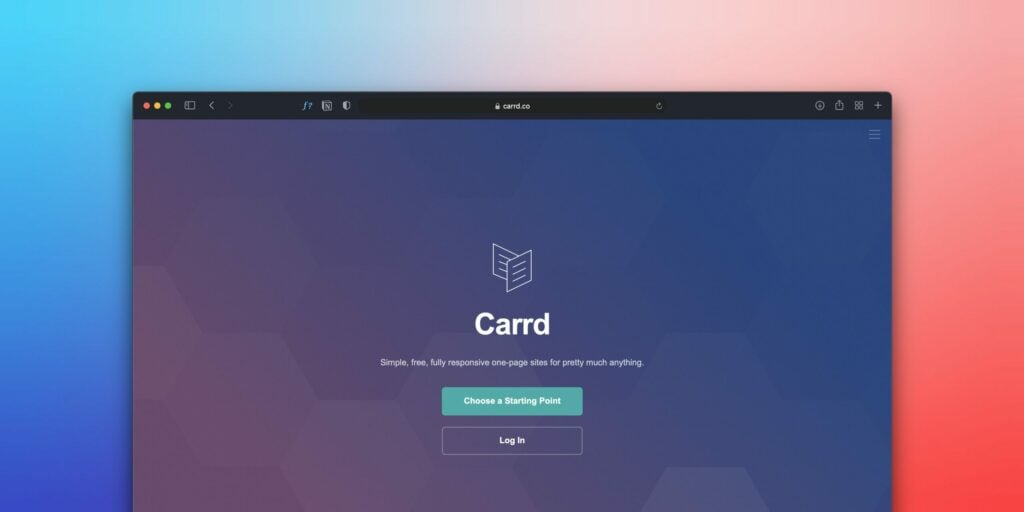

RSS vs Atom Feeds: The Shocking Truth About the Battle for Internet Supremacy in 2023 – Are You Prepared?

As Seen On
It was a dark and stormy night, and the geeks were huddled in their dimly lit basements, furiously typing away at their keyboards. The battle lines were drawn, and the war for Internet supremacy raged on. Okay, it may not have been a dark and stormy night, but the rivalry between RSS and Atom feeds is just as intense – and in 2023, the stakes are higher than ever.
Step right up, ladies and gentlemen, and prepare to witness the clash of the titans in this epic showdown! I’m going to take you on a whirlwind tour of the world of feed formats, spilling the tea on the good, the bad, and the ugly of both RSS and Atom. So buckle up, buttercup, because things are about to get real.
Round 1: A Brief History of the Contenders
Before we dive headfirst into this heated battle, let’s take a moment to get acquainted with our combatants.
RSS, or Really Simple Syndication, has been around since the late ’90s, making it the granddaddy of feed formats. Born out of the genius minds of Netscape engineers, RSS has evolved through several iterations – with version 2.0 being the most popular and widely used today. With its streamlined format and easy-to-understand XML structure, RSS has been a fan favorite for years.
Atom, on the other hand, is the new kid on the block. In the early 2000s, discontent with the limitations of RSS led to the development of this rival format. Atom was designed to address some of the shortcomings of RSS, boasting a more extensible and flexible structure. As a result, Atom quickly gained traction among the tech-savvy elite.
Round 2: Flexibility – The Atom Strikes Back
If RSS is the easygoing grandpa of feed formats, Atom is the innovative, rebellious teenager. With its extensive support for metadata, Atom allows publishers to include additional information about their content, such as authorship, licensing, and geolocation data.
But is this extra flexibility truly a game-changer? Atom’s proponents argue that its advanced features make it the clear winner in this battle. However, critics claim that the added complexity can be overwhelming, and for many users, the simpler RSS format is more than adequate.
Round 3: The Subscription Showdown
When it comes to the all-important task of managing your subscriptions, both RSS and Atom have their merits. RSS 2.0 allows for the use of “enclosures,” enabling users to subscribe to podcasts and other media files. Atom, ever the overachiever, takes this a step further with its support for “content types,” making it easier to subscribe to various types of media.
But let’s not forget about the trusty ol’ Google Reader (RIP). Before it was tragically taken from us in 2013, this beloved aggregator supported both RSS and Atom feeds. In the post-Google Reader world, many feed readers continue to support both formats, making the subscription battle a bit of a moot point.
Round 4: The Great Extensibility Debate
One of the most contentious issues in the RSS vs Atom showdown is the question of extensibility. RSS has been criticized for its rigidity, as it can be difficult to extend the format to accommodate new features. Atom, meanwhile, has extensibility baked into its very core, making it a more future-proof option.
However, as with many things in life, the truth lies somewhere in the middle. RSS has managed to adapt over the years, with the introduction of various extensions and modules that have kept it relevant in the ever-changing digital landscape. So while Atom may have been designed with extensibility in mind, RSS has proven to be a scrappy survivor, unwilling to go down without a fight.
Round 5: Popularity Contest – Who Reigns Supreme?
At the end of the day, the true test of a feed format’s success lies in its adoption. So who’s got the numbers? According to recent statistics, RSS remains the more popular choice, with approximately 60% of publishers opting for this tried-and-true format. Atom, despite its technical prowess, lags behind with a 40% adoption rate.
But as the great philosopher Taylor Swift once said, “the haters gonna hate, hate, hate.” The fact remains that both RSS and Atom have their passionate supporters and detractors, and the debate over which format is superior is unlikely to be resolved anytime soon.
Round 6: The Final Verdict – And the Winner Is…
So, who emerges victorious in this epic battle for Internet supremacy? The answer, my dear reader, is as clear as mud. Both RSS and Atom have their strengths and weaknesses, and the choice between the two ultimately comes down to personal preference and the specific needs of your content.
If simplicity and widespread adoption are your top priorities, then RSS might be the right choice for you. But if you crave the flexibility and extensibility that Atom offers, then by all means, give it a whirl. Just remember that no matter which format you choose, there will always be someone on the Internet ready to argue that you’ve made the wrong decision – because, well, that’s the Internet for you.
Is one format (RSS/Atom) objectively better than the other?
There’s no definitive answer, as it largely depends on your specific needs and preferences. Both formats have their merits, so weigh the pros and cons and choose the one that works best for you.
Can I use both RSS and Atom feeds for my content?
Absolutely! Many publishers choose to offer both formats, giving their users the freedom to pick their preferred feed. Just be prepared for some additional maintenance, as you’ll need to keep both feeds updated.
How do I know which feed format is right for me?
Consider your content and audience needs. If simplicity and compatibility are key, go for RSS. If you need more flexibility and extensibility, Atom is your best bet.
Are there any other feed formats I should be aware of?
While RSS and Atom are the most popular, there are other formats like JSON Feed, which has been gaining traction. However, it’s worth noting that RSS and Atom remain the dominant players in the game.
Casey Jones
Up until working with Casey, we had only had poor to mediocre experiences outsourcing work to agencies. Casey & the team at CJ&CO are the exception to the rule.
Communication was beyond great, his understanding of our vision was phenomenal, and instead of needing babysitting like the other agencies we worked with, he was not only completely dependable but also gave us sound suggestions on how to get better results, at the risk of us not needing him for the initial job we requested (absolute gem).
This has truly been the first time we worked with someone outside of our business that quickly grasped our vision, and that I could completely forget about and would still deliver above expectations.
I honestly can't wait to work in many more projects together!
Disclaimer
*The information this blog provides is for general informational purposes only and is not intended as financial or professional advice. The information may not reflect current developments and may be changed or updated without notice. Any opinions expressed on this blog are the author’s own and do not necessarily reflect the views of the author’s employer or any other organization. You should not act or rely on any information contained in this blog without first seeking the advice of a professional. No representation or warranty, express or implied, is made as to the accuracy or completeness of the information contained in this blog. The author and affiliated parties assume no liability for any errors or omissions.

